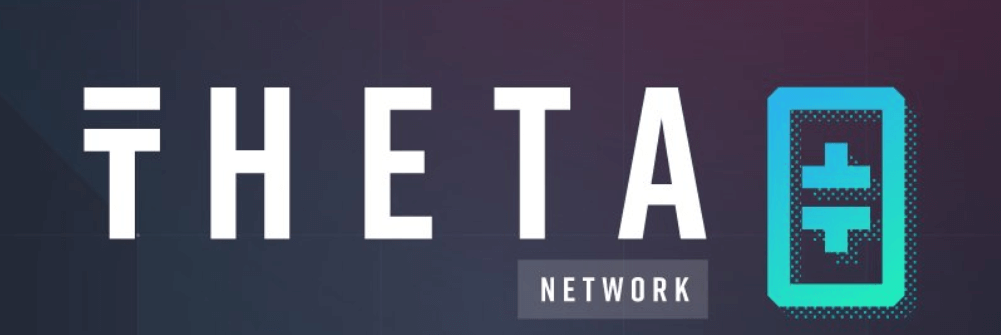

The decentralised video delivery network Theta is hoping to shake up the video streaming industry through the use of an incentive-driven decentralised bandwidth-sharing model between its community of users and streamers.
The company was founded in early 2018 and is backed by the e-sports streaming service and Twitch competitor Silver.tv. Theta believes that it can provide higher quality video streams through a tokenised bandwidth-sharing model between its millions of current platform users.
At present, the project’s only token (THETA) trades as an ERC-20 contract on the Ethereum network. However, when the Theta mainnet launches on March 15th 2019, token holders will be able to convert these tokens 1:1 for equivalent tokens on its own native blockchain.
In addition to this, each holder of THETA tokens will be airdropped five Theta Fuel tokens (TFUEL) which are due to act as the ‘operational’ tokens of the network.
In a recent blog post, the project said: “Theta Fuel powers the network by incentivizing users to share content with each other, and will be burned as users deploy and interact with smart contracts [on the network].”
The project’s main THETA token was pre-mined at launch (one billion supply cap) and has no inflation schedule or planned supply increase.
The project said that the original token “is used to stake as a Validator or Guardian node [in the network], contributing to block production and the protocol governance of the overall Theta Network.”
This means users can stake tokens and run network nodes on the platform, and they earn a proportional amount of the new Fuel tokens as an incentive for doing so.
On the other hand, Theta Fuel (TFUEL) will be the “operational token of the Theta protocol, that powers on-chain operations like payments to relayers for sharing a video stream, or for deploying or interacting with smart contracts [on the network].”
Theta went on to say that relayers can also earn TFUEL for every video stream they relay to other users on the network. The company has not yet disclosed how the relaying mechanism will work regarding the sharing of bandwidth between users, but according to the project’s literature, both the Validator and Guardian nodes would play a part to make this happen across the project’s native blockchain.
After the initial distribution of 5 billion Fuel tokens (5 for each of the 1 billion THETA), the supply will increase at an initial annual target rate of 5%. The project said that the “new supply rate will be determined at the protocol level, and can be adjusted as needed by protocol consensus to provide the appropriate amount of new supply as demanded by platform.”
Theta believes that the new Fuel token can power microtransactions and operations for the decentralised streaming network, and claim that the native blockchain will be able to power millions of transactions a day to handle the growing traffic from Silver.tv.
While the project says that video delivery is the first target market of the network, it believes the protocol can be generalised for any type of data delivery with a profile that lends itself to peer-to-peer sharing. If you look at the project through this new lens, you can compare what the project is doing to the plans of the Tron-backed BitTorrent venture.
If the project can deliver high-quality video streaming via an incentive-driven and peer-to-peer bandwidth-sharing model, then the use cases can be applied to all ‘prioritised’ data that needs to be sent across the internet today.
Denver, Colorado, 24th February 2025, Chainwire
Denver, Colorado, 20th February 2025, Chainwire
Washington, D.C., 18th February 2025, Chainwire
Dubai, UAE, 27th January 2025, Chainwire
Those who enter the market at this time may be surprised to hear that Bitcoin…
George Town, Grand Cayman, 22nd November 2024, Chainwire